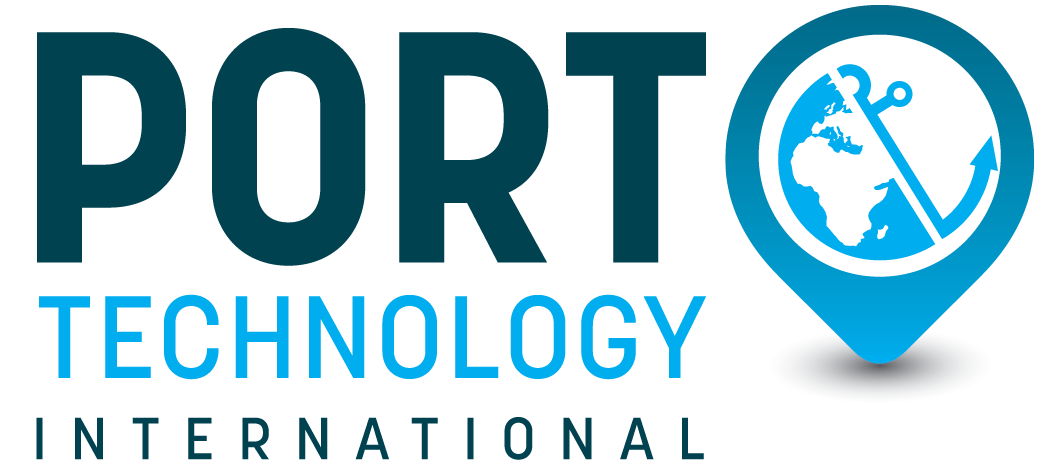With the Paris Agreement vowing to turn Europe carbon neutral by 2050, companies within the European supply chain are under increasing pressure to decarbonise their operations. WienCont in Vienna insists rail transport is key to meeting their climate targets.
Located in the Port of Vienna, WienCont boasts a 10,000 TEU storage capacity and handles over 400,000 TEU per year across its rail, road, and waterway facilities.
The terminal has demonstrated its dedication to environmental sustainability in recent years, supplied with 100% green energy from hydropower since the beginning of August 2018. This is one step towards its core aim of becoming Europe’s first zero-CO2 trimodal terminal.
“We have very ambitious climate targets to comply with, and rail is one of the most ecological ways to do cargo transport in big volumes. There is also sustainability in terms of availability of resources which makes it the best land-based way to transport huge volumes,” Monika Gindl-Muzik, Managing Director of WienCont, told PTI in a recent interview.
However, one of the largest challenges in rail transport is finding suitable and adequate paths. This is especially problematic as typically capacity for road/passenger rail is favoured over freight trains.
“The targets we have are quite ambitious but necessary, but as long as there is not enough structural capacity available, they will be hard to reach,” she said.
Despite this, WienCont’s rail container handling figures are on the rise. With high demand expected over the next three years, the terminal is looking to expand its capacity to increase efficiency and meet this rise in interest.
Looking to digitalisation
The digitalisation of processes aims to positively impact and streamline the terminals operations as demand is expected to grow in the near future.
WienCont is considering implementing blockchain technology to connect interfaces in all the different facilities in the trimodal terminal.
“There is a lot of work to be done to make our systems communicate with each other,” the Managing Director said. “We are already working 24/6, not yet 24/7, but you do have to cope with night shifts. There has to be the same quality of communication around the clock, that’s the big issue right now.”
The role of road haulage in the supply chain
As a trimodal terminal, WienCont also makes use good use road haulage to transport cargo. While not as environmentally friendly as rail, it does still play an important role in the Austrian supply chain.
“We are the interface between road and rail as a terminal,” continued Gindl-Muzik.
“On the one hand, we do handle on average 120 round trips a week on rail with intermodal trains, but the majority of the volume is either delivered to us or picked up at our terminal by trucks. So, what we are doing is connecting rail and road.”
The pickup and delivery of containers in Vienna will undoubtedly continue to be done by road hauliers, Gindl-Muzik said. Major production facilities connected by private rail sidings have become significantly less prominent in the last 20 years.
Environmental factors still need to be considered for this method of transportation. Focus over the coming years is expected to turn to implementing electrical or alternative vehicles into the surrounding supply chains – to be done by the relevant haulage companies.
On 8 February 2022, PTI will be holding its Intermodal Freight Forum Europe delving into the pressing challenges and trends in intermodal freight transport. The event is set to bring together senior decision-makers from the intermodal transport network, addressing a wide range of issues from data standardisation to the lack of capacity in ports and rail.
Gindl-Muzik will also be taking part in a panel discussion on the Opportunities and Challenges of Increased Rail Freight Adoption in the Supply Chain.
Registration for the event can be done here.



